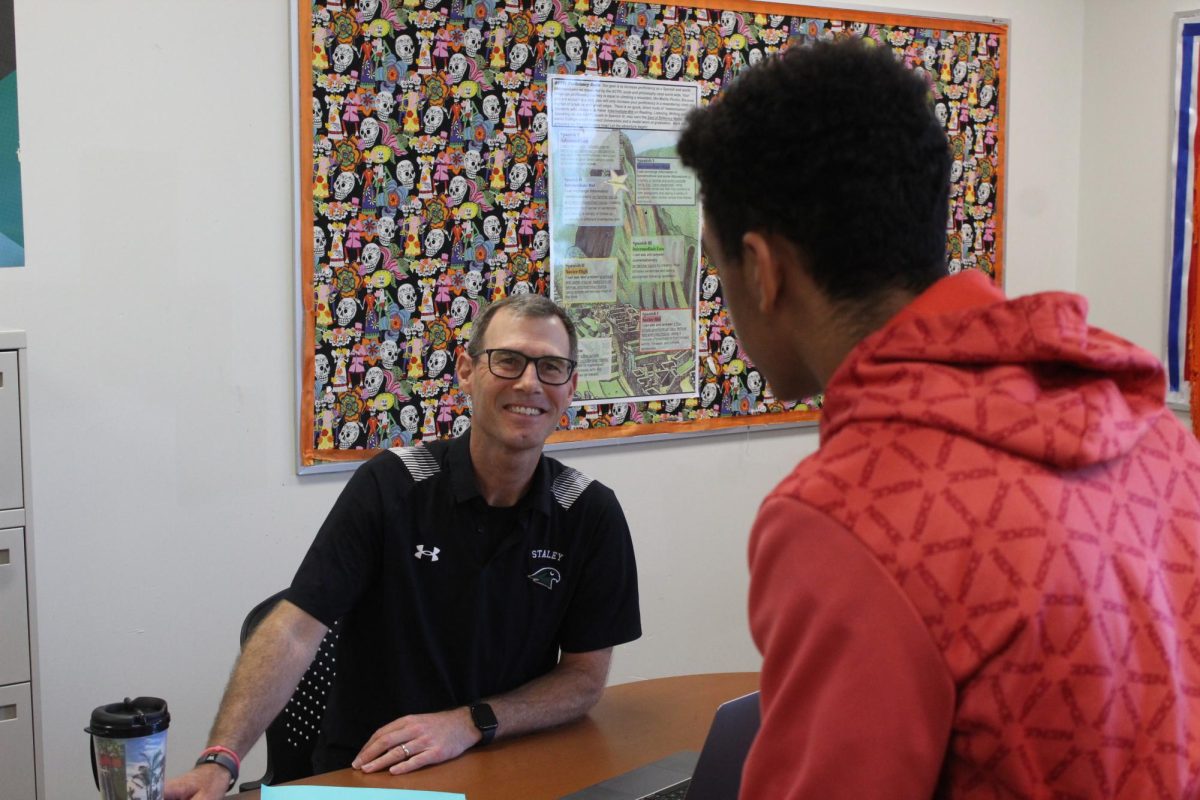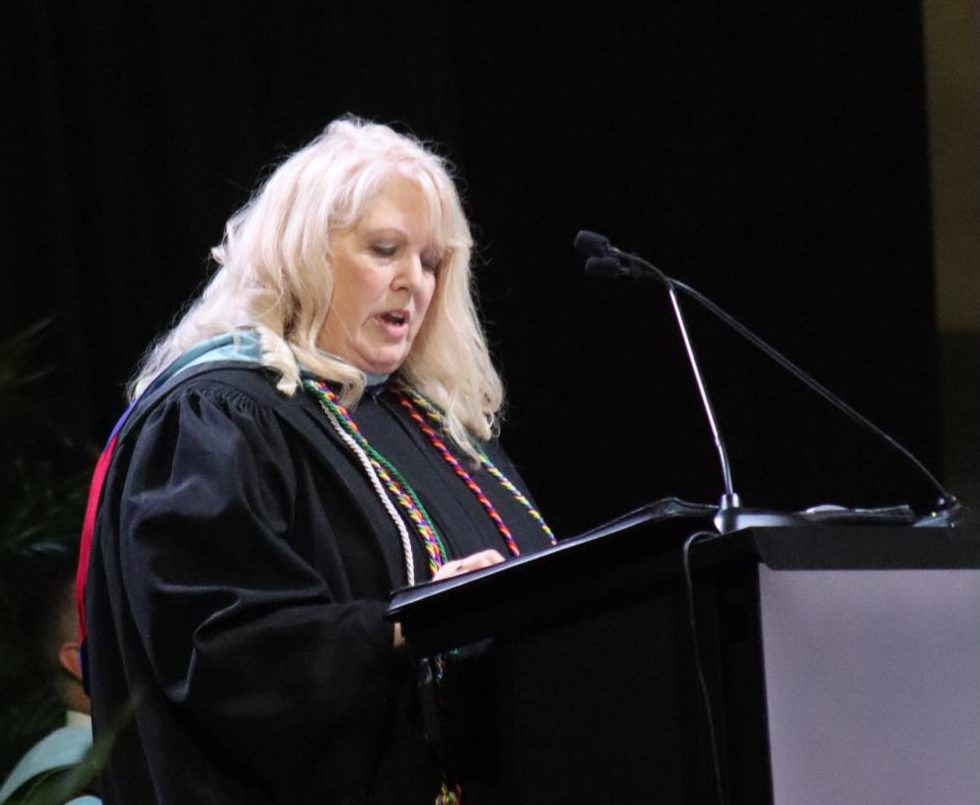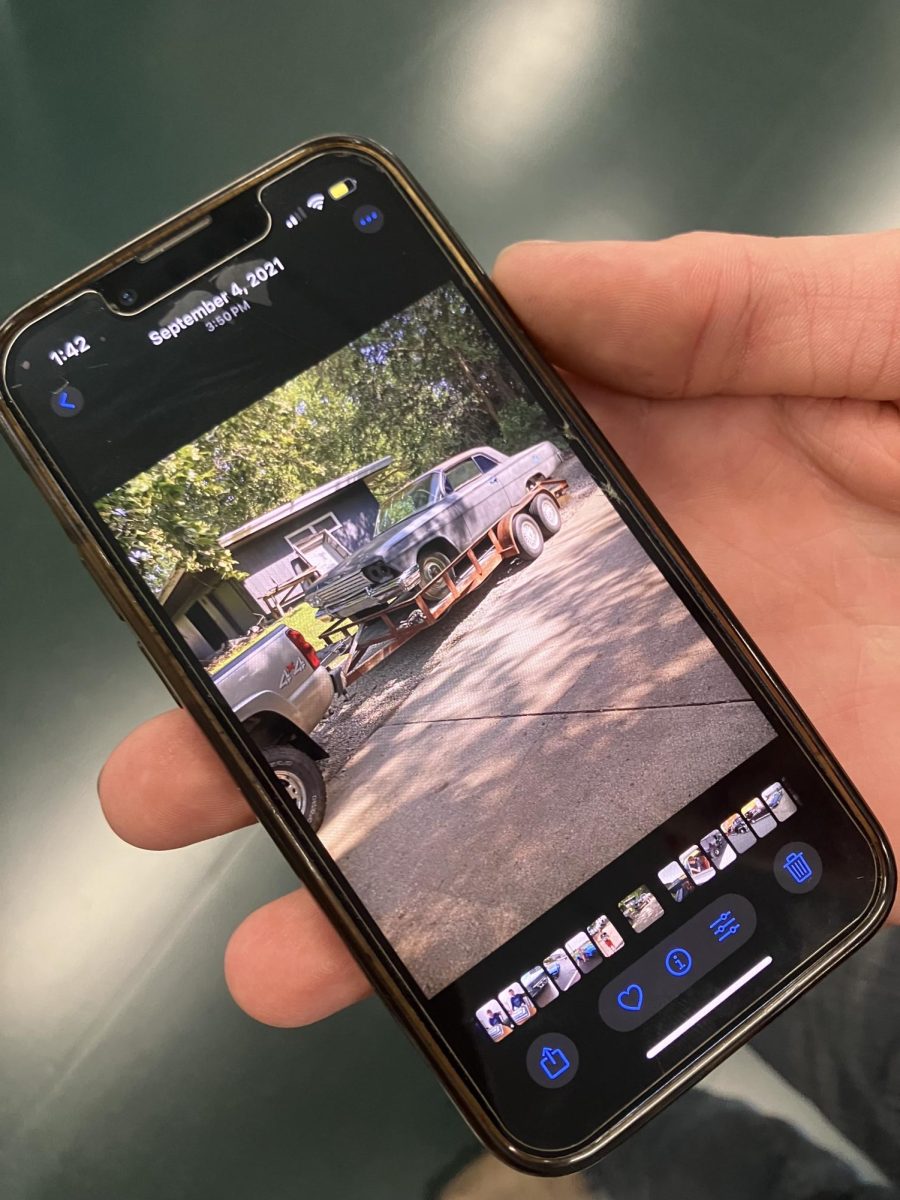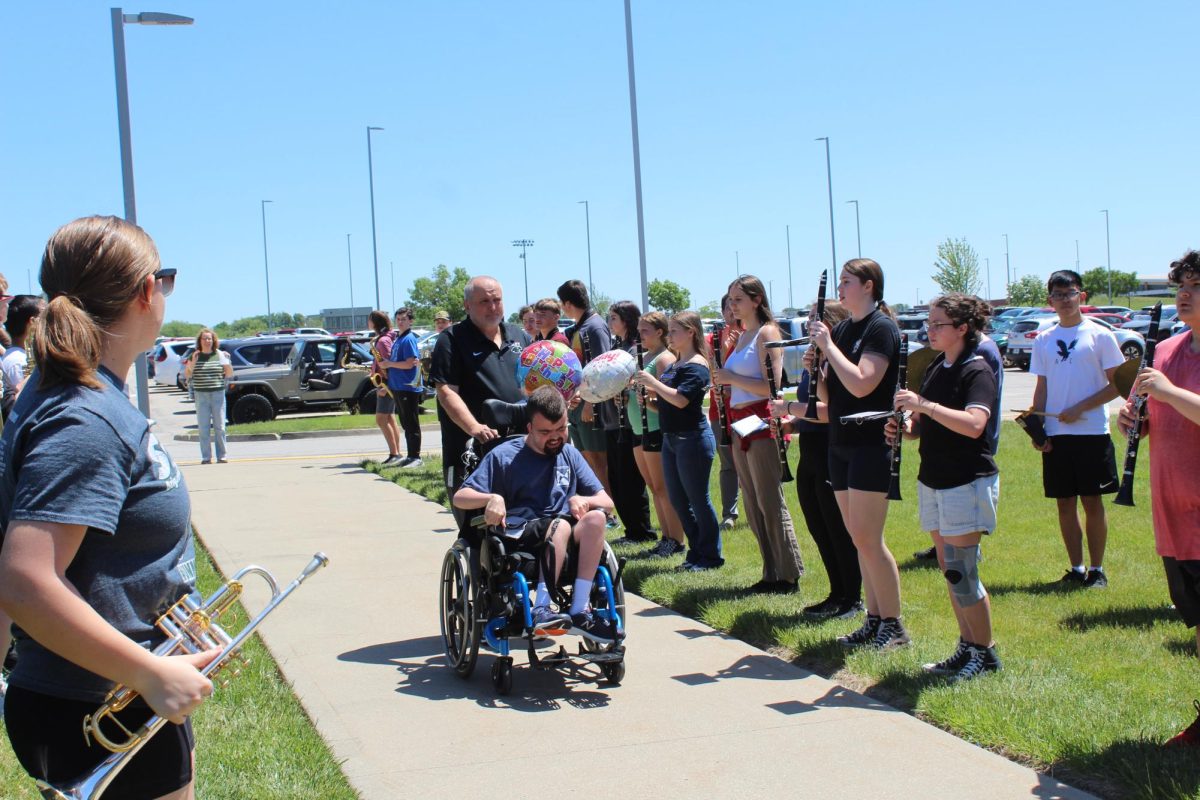Staff Editorial: Student Freedom Restricted
Travel Restrictions Need Revamped
October 27, 2021
Student travel during school has changed noticeably from previous years. E-hall passes, Falcon Time restrictions and hall capacity limits have made traveling more complex. With the new e-hall pass system, students create a virtual pass to travel during class or Falcon Time.
While some may appreciate an environmentally friendly alternative to paper passes, there are some issues.
Some substitute teachers’ handling of e-hall passes is problematic, with them not allowing student travel because they didn’t understand the system. Substitutes should be able to use paper passes.
Beyond the substitute issue, the system allows less freedom for students. Hall capacity limits leave students unable to travel if a set number of students are out of class or in the bathroom. The limits are counterproductive because in a school of more than 1,800 students, many will legitimately be out of class. The limits need to be increased or eliminated. This is a large school with several hundred students, and the hall capacity needs to reflect that.

Falcon Time changes also affect student freedom. Student travel for clubs, meetings or academic help is more difficult, as restrictions have been placed on this time as well. There is no travel on Tuesdays. Club and academic travel is allowed on Mondays and Wednesdays, and only academic travel is allowed Friday. Students have busy schedules, and Falcon Time is an important resource to help them take care of business. Travel restrictions have taken flexibility away from students.
Beyond Falcon Time travel restrictions, there are also class time travel restrictions. Students can’t travel in the first or last 15 minutes of each class. Whether it is day-of-the-week restrictions or time restrictions, travel is more limited.
The Falcon Time restrictions can be changed in some ways to benefit students while maintaining structure. The no-travel days need to go, as they are inconvenient, even if that was not the intended impact. Ultimately, there needs to be more flexibility.
The new travel restrictions were most likely well intentioned, but ultimately, some changes need to be made. A system that was intended to benefit students may end up being ineffective if these regulations continue. Capacity limits should be increased.
Additionally if the increased limit still is reached, if a student needs to make a pass the teacher should be allowed to let them create one. This judgement should be made by the teacher because teachers can be trusted to know if their students have a genuine reason to create a pass. If these changes are implemented, it will be more beneficial than the existing system.



























